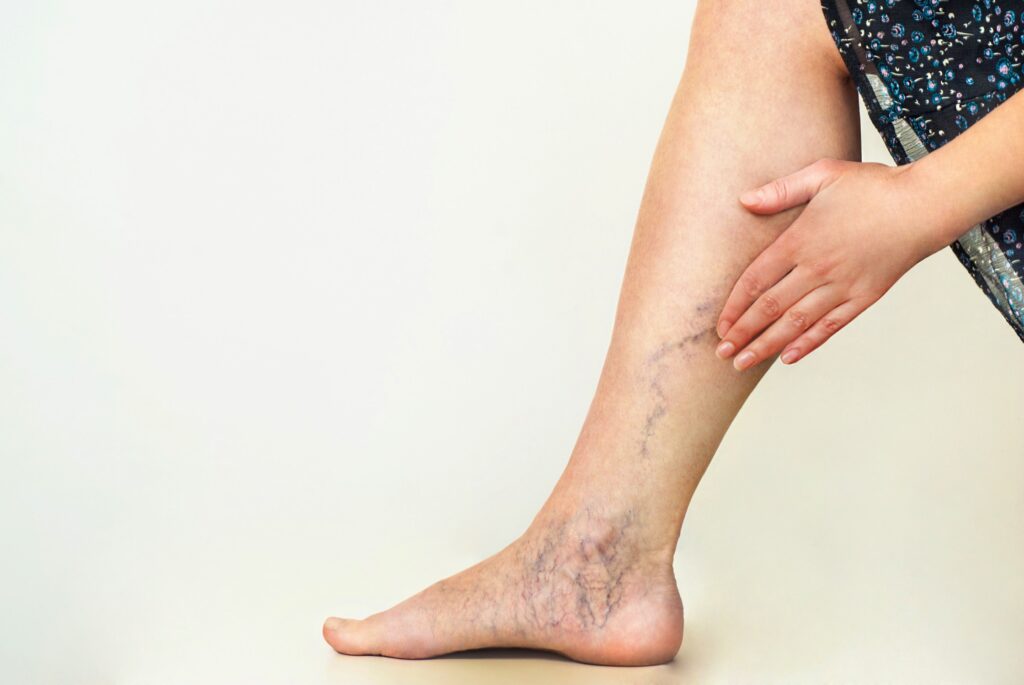What kind of doctor specializes in veins intricate network of blood vessels, veins play a vital role in ensuring proper circulation. While arteries carry oxygen-rich blood away from the heart, veins are responsible for returning oxygen-depleted blood back to the heart. Sometimes, these veins can encounter issues, leading to conditions like varicose veins or other vascular concerns. In such cases, seeking the expertise of a doctor who specializes in veins becomes essential. In this comprehensive overview, we will delve into the realm of vein specialists, their roles, and how they treat conditions like varicose veins.
Understanding The Importance Of Vein Specialists
Vein specialists, also known as phlebologists, are medical professionals who have undergone specialized training to diagnose and treat a wide range of venous disorders. These disorders can vary from cosmetic concerns like spider veins to more serious conditions like deep vein thrombosis (DVT). The expertise of vein specialists is crucial because the circulatory system’s complexities require a nuanced understanding for accurate diagnosis and effective treatment.
The Path To Becoming A Vein Specialist
Becoming a vein specialist requires a specific educational path. Typically, these doctors start by completing their undergraduate degree followed by medical school, where they acquire a solid foundation in general medicine. After completing medical school, they undertake a residency program in internal medicine or a related field. This residency provides them with a broad understanding of various medical conditions and treatments.
Once the residency is complete, individuals aspiring to become vein specialists can opt for additional fellowship training in vascular medicine, phlebology, or interventional radiology. During this fellowship, they receive targeted education on venous disorders, including hands-on experience in diagnosing and treating vein-related issues. This specialized training equips them with the skills needed to become proficient vein specialists.
What Type Of Doctor Treats Varicose Veins?
One common venous condition that vein specialists often deal with is varicose veins. Varicose veins are enlarged, twisted veins that usually appear on the legs and can cause discomfort, pain, and cosmetic concerns. If you’re wondering what type of doctor treats varicose veins, the answer is a vein specialist or a phlebologist.
Vein specialists have a deep understanding of the underlying causes of varicose veins, such as weakened vein walls and faulty valves that lead to blood pooling. They use their expertise to provide personalized treatment plans that address the specific needs of each patient. These treatment options can range from conservative measures to minimally invasive procedures, depending on the severity of the condition.
Diagnostic Techniques Employed By Vein Specialists
Vein specialists employ a variety of diagnostic techniques to accurately assess venous disorders. These techniques help them determine the underlying causes and plan appropriate treatments. Some of the common diagnostic methods used by vein specialists include:
Duplex Ultrasound: This non-invasive imaging technique allows vein specialists to visualize blood flow in the veins. It helps identify issues like blood clots, valve dysfunction, and other abnormalities.
Venography: A more invasive procedure, venography involves injecting a contrast dye into the veins, which makes them visible on X-ray images. This helps in diagnosing deep vein thrombosis (DVT) and other complex venous conditions.
CT/MRI Scans: These imaging techniques provide detailed cross-sectional images of the veins, aiding in the diagnosis of various venous disorders.
Treatment Approaches For Venous Conditions
Vein specialists employ a range of treatment approaches to address venous conditions effectively. These approaches are tailored to each patient’s unique needs and the severity of their condition. Some of the common treatment options include:
Compression Therapy: This involves wearing specially designed stockings that apply pressure to the legs, helping improve blood circulation and reducing swelling.
Sclerotherapy: In this minimally invasive procedure, a solution is injected into the affected veins, causing them to close and eventually fade away.
Endovenous Laser Ablation: This procedure uses laser energy to heat and close off problematic veins, redirecting blood flow to healthier veins.
Ambulatory Phlebectomy: In cases of larger varicose veins, a vein specialist may perform a phlebectomy, removing the veins through small incisions.
Vena Cava Filter Placement: For conditions like DVT, a vein specialist might insert a small device called a vena cava filter to prevent blood clots from traveling to the lungs.
Collaboration With Other Specialists
In some instances, venous conditions may intersect with other medical specialties. For example, individuals with underlying conditions like obesity, heart disease, or diabetes may require collaborative care. Vein specialists often work alongside cardiologists, endocrinologists, and other relevant specialists to ensure comprehensive and holistic patient care.
Conclusion
The role of a vein specialist extends far beyond addressing cosmetic concerns. These medical professionals play a critical role in diagnosing and treating a wide array of venous disorders, promoting overall circulatory health. Whether it’s varicose veins, spider veins, or more complex conditions like DVT, a vein specialist’s expertise ensures that patients receive tailored treatment plans for their specific needs. So, if you find yourself wondering about the type of doctor that specializes in veins, remember that vein specialists, armed with their extensive training and diagnostic tools, are the ones to turn to for optimal venous health.


